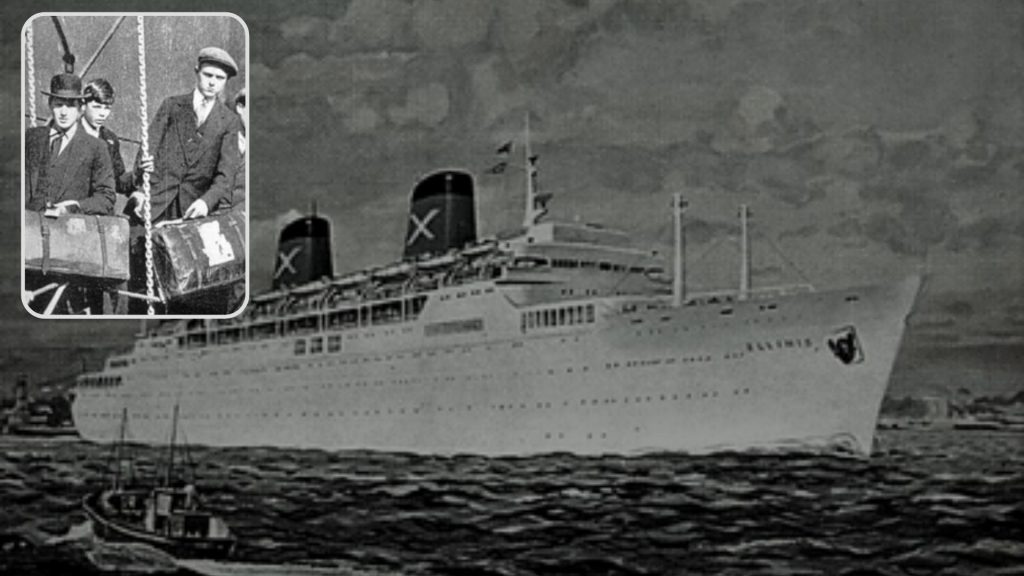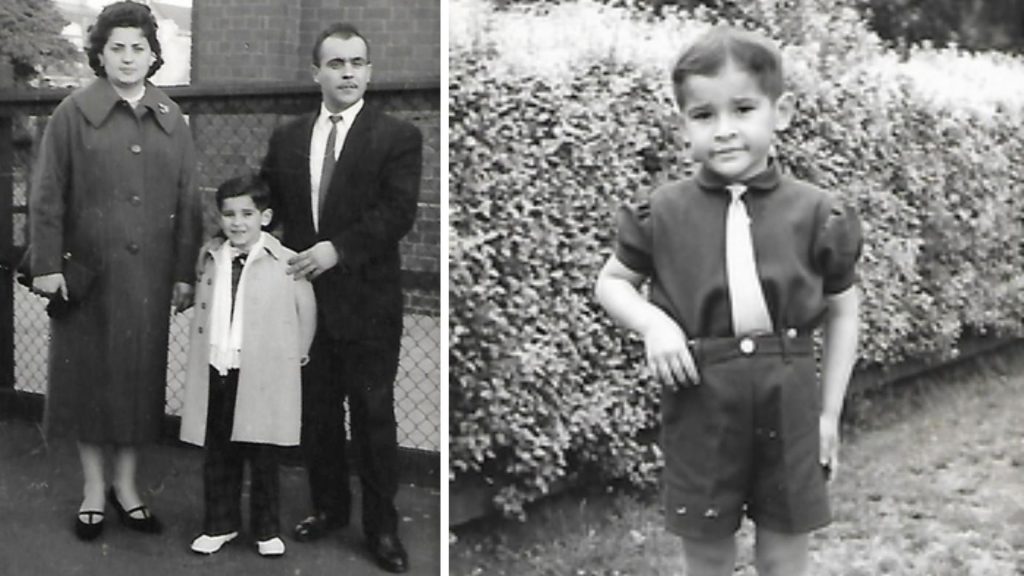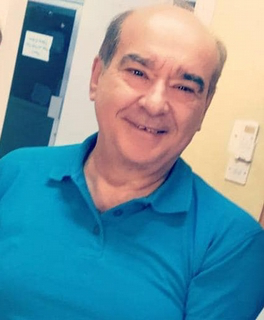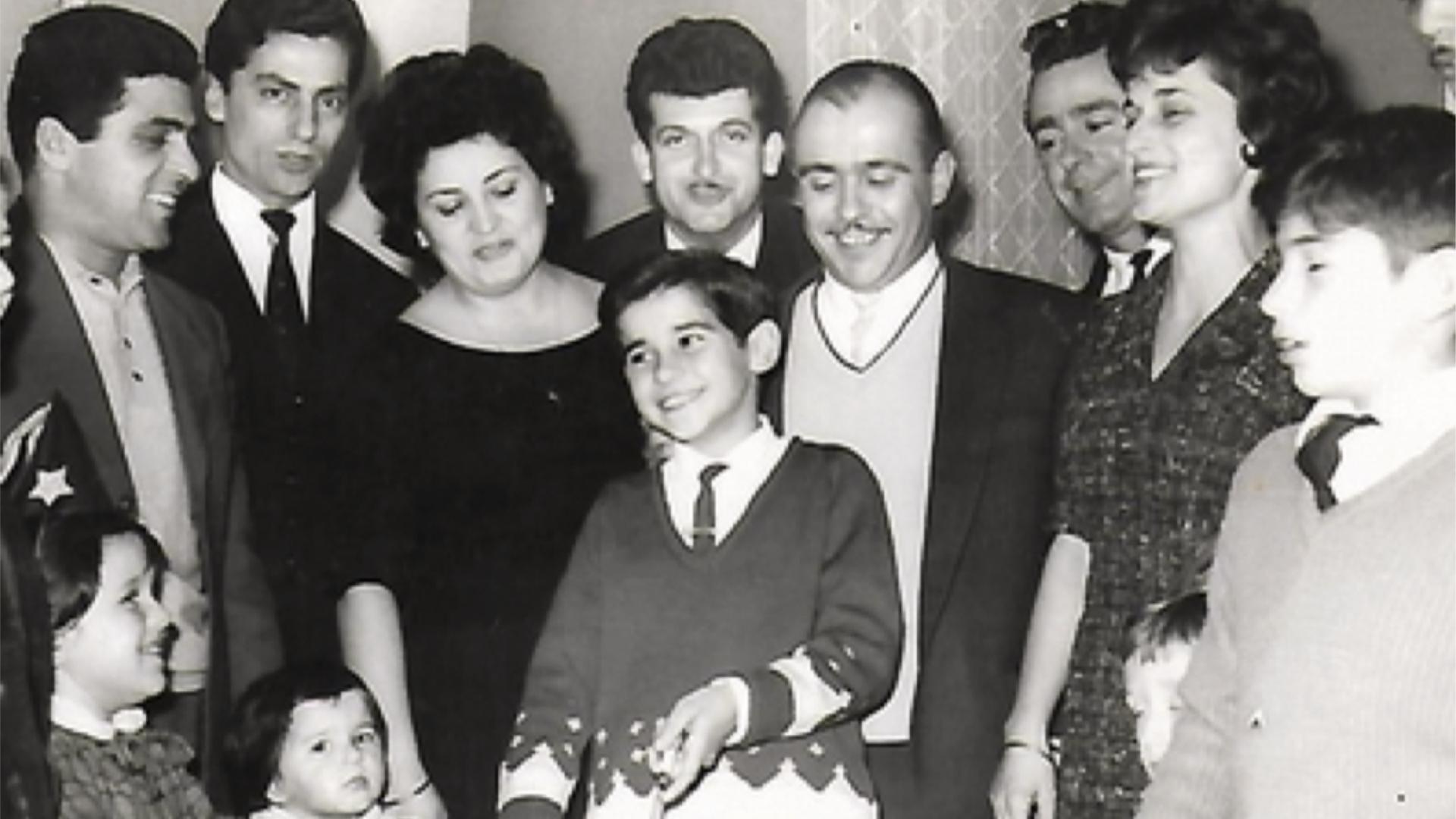By Kathy Karageorgiou
Most migration stories in the 1960s from Greece to Australia and sometimes back again, echo with sadness and nostalgia for what is left behind and trepidation for what follows into the often unknown.
There are migration stories of leaving and arriving with only one suitcase, and of brides whose only knowledge of their betrothed is a photograph. And there are young men seeking opportunities beyond their homeland, bravely trying to carve out their own fate; as well as the entire families too, more often than not leaving poverty and seeking a dignified livelihood.
We don’t hear much about the actual, approximately 40 day sea voyages; as we have focused more on emotions of farewelling familiar lands and hoping to embrace new shores.

Hollywood often portrays such migratory journeys as cramped and chaotic affairs with segregated class areas. And after the long voyage, as Greek-Australians, we perhaps take for granted that most migrants stayed in Australia. But there are those who did return to Greece after a few years, for whatever reason.
Mr Gerasimos Alexopoulos (or Makis), is one of these early Greek-Australian returnees to Greece.
He initially arrived in Australia by plane with his parents as a toddler, but returned to Greece at the age of 11 on the Ellinis ship, in 1964.
“Being on board the Ellinis was the best time of my life. The ultimate pleasure cruise – an unforgettable good time throughout,” he reminisces.
Perhaps Makis’ fond memories coincide with both his pre pubescent age, and the fact that he was travelling without supervising parents, but instead with his 30 year old bachelor uncle.
“He let me do what I wanted,” Maki laughs.
“I hardly saw him – he had so many girlfriends. There were also Scandinavians and English on the ship that boarded from Melbourne and Sydney,” he exclaims.

I prompt him to continue, as an unknown world begins opening up for me.
“We passed under the Sydney Harbour Bridge – what a magnificent sight! And we headed to exotic Tahiti, after a stop in New Zealand. In Tahiti, we got off the ship for three days. They treated us like royalty, putting floral necklaces around our neck – like the ones in Hawaii, and I’ll never forget how beautiful nature was there: the sea, the plants, the tropical flowers.”
I ask if they encountered any rough seas on the way to Greece, but he tells me that the Pacific Ocean part of the journey was smooth, and goes on to contentedly convey these other worlds of yesteryear.
“On the ship we had swimming pools, a cinema, dances, live music, theme parties like fancy dress. Kids and adults mixed together at these parties till all hours, but they also had separate kid’s parties.”
“How was the staff, and were there first and second class sections?” I interject.
Makis responds: “I don’t remember there being such divisions, and the staff were professional and friendly. Even the captain who was Greek, would spend time with the passengers. And everything was very clean. The food was great; mainly Greek but also some international cuisine.”
Laughing, he then adds: “There was an English man on board who was a teacher and with the Captain’s and parents consent decided to begin teaching lessons there, for us children. Well, that lasted for three days! From day 4 none of us showed up because we preferred learning our way on board!”

I almost feel guilty interrupting his glorious memories, by inquiring why he was travelling to Greece.
“My parents were going to come a year later, but they sent me first to go to my grandmother there and to school, to assimilate into Greece, as I was becoming too Australian, for my mum’s liking in particular,” he says smiling.
He adds that he had no time to feel nostalgic or sad without his parents because he was having a ball with the other kids on board the Ellinis.
The only slightly unpleasant stop of the trip he tells me was Panama, were the people looked sad but also threatening, “due to extreme poverty there”. Then he tells me it was back to paradise on the Carribean, stopping at the island of Curacao, a Dutch colony, with “wide boulevards, beautiful shops and cafes and well dressed people of various cultures as it was a trading port.”
Next stop he recalls being en route to England, traversing the choppy Atlantic ocean. “Were you seasick then?” I ask. He explains that by then, most people get used to being on a ship, whereas he and others were seasick on the first few days of sailing out of Port Melbourne.
The Ellinis then arrived in England’s South Hampton Maki explains, from where he and his uncle journeyed to London, spending five days there.
Makis continues his exciting tale, “We saw all the main sites in London with my Uncle, and a few friends he had made on board also joined us. And we went to nice restaurants and pubs too. But I didn’t like the weather and wouldn’t stay there.”
As fate would have it, Makis, went on to study Electrical Engineering at Manchester University, many years later.
“The travel bug stayed with me since my wonderful Ellinis trip. I have travelled around Europe and lived and worked in the Middle East. And for the past 14 years, I was Director of English, at the Greek Orthodox Patriarchate of Jerusalem Schools in Jordan. Now I’m retired, but I still want to travel,” he says.
Asking him where he’d like to go now, without hesitation he says “Australia – to visit my old neighbourhoods in Melbourne: Collingwood, Richmond and Fitzroy, and my old school – Richmond Primary. Nothing else!”.
Hopefully his dream will be realised, and in the meantime as the saying goes: ‘it’s all about the journey not the destination.’
May all our journeys be as pleasingly memorable as Makis’.
READ MORE: A different migrant story: The Girl from the Ashes and her gilded life in Australia

